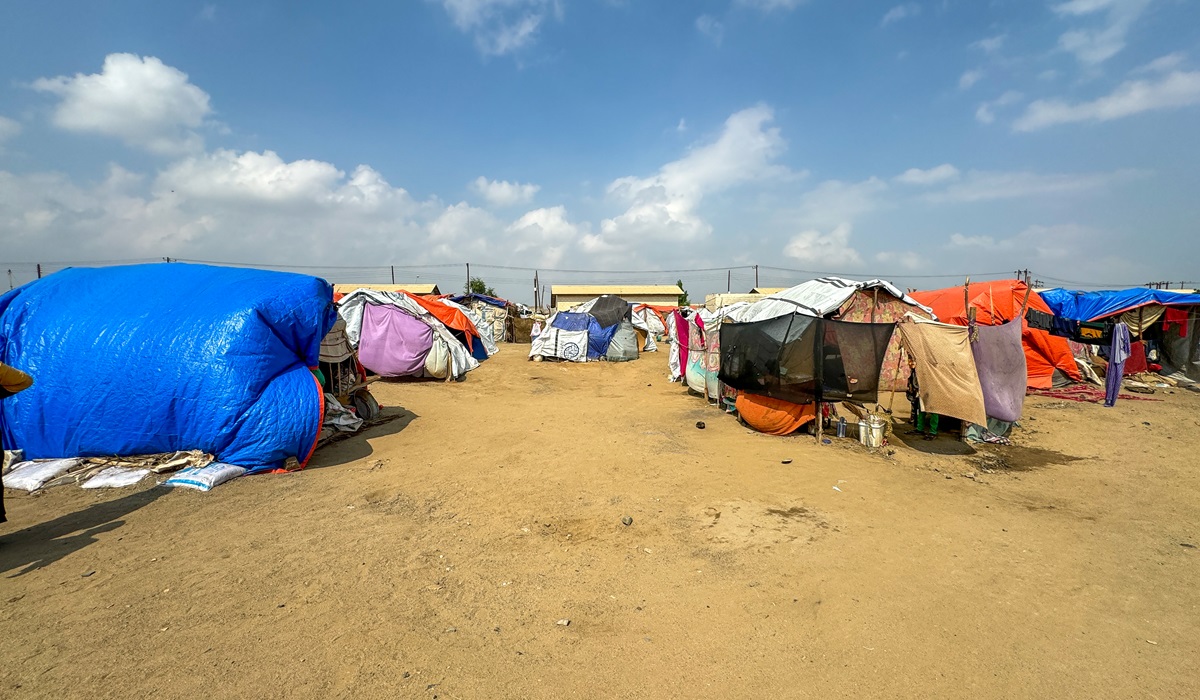Image Credit, NRC
Sudan is collapsing under the weight of war, displacement, and hunger. More than 20 million people are engulfed in unrelenting violence and devastating hunger, yet the world stands silent. Jan Egeland, Secretary General of the Norwegian Refugee Council (NRC), issued a chilling warning after witnessing firsthand the human suffering that has ravaged Sudan for over a year and a half.
“Twenty years ago, global leaders mobilized to address atrocities in Darfur,” Egeland lamented. “Today, many times more lives are at risk in what is now the world’s worst humanitarian crisis. Yet we are met with deafening silence. This inaction paves the way for famine to claim a generation of children.”
The stark reality on the ground defies comprehension. In Darfur, villages have been wiped out, women have suffered unspeakable violence, and civilians are executed without cause. Last month alone, over 2,500 people were killed, and 250,000 fled their homes in terror. Shelling, airstrikes, and the wanton destruction of homes leave nothing but scorched earth. Khartoum, once Sudan’s beating economic heart, is now an epicenter of starvation and despair.
This is no natural disaster—it is man-made horror. Across Sudan, 24 million people face acute food insecurity, with 1.5 million teetering on the brink of famine. Women resort to boiling leaves to feed their families. In overcrowded camps bursting with displaced families, survival is an impossible daily battle. Yet the Sudanese Armed Forces (SAF) and Rapid Support Forces (RSF) have turned hunger into a weapon of war, obstructing life-saving aid.
“This is deliberate,” Egeland declared. “Each blocked truck or delayed authorization is a death sentence. The world cannot let hunger be wielded as a weapon of war. It is morally indefensible.”
The displacement crisis is now the largest in the world, with 11 million people internally displaced and three million fleeing to neighboring countries. Entire communities have been destroyed, and the few remaining safe zones are overwhelmed, unable to cope with the influx.
Despite the immense need, the humanitarian response remains critically underfunded, forcing aid organizations like the NRC to make excruciating decisions about who to help. Soup kitchens in Khartoum, a last lifeline for thousands, have already closed due to a lack of funds. “We are merely delaying deaths,” Egeland admitted grimly.
Meanwhile, the world’s response has been woefully inadequate. A crisis of this magnitude demands an emergency global mobilization, yet the international community has offered little more than symbolic concern.
“A tweet of concern is not enough,” Egeland insisted. “The world’s inaction sends a clear message of indifference. Sudan needs immediate, decisive action. Millions of lives hang in the balance, and we cannot look away as this catastrophe unfolds.”
Sudan stands at the precipice of famine and annihilation. The clock is ticking, and unless the world acts now, an entire generation will be lost.









